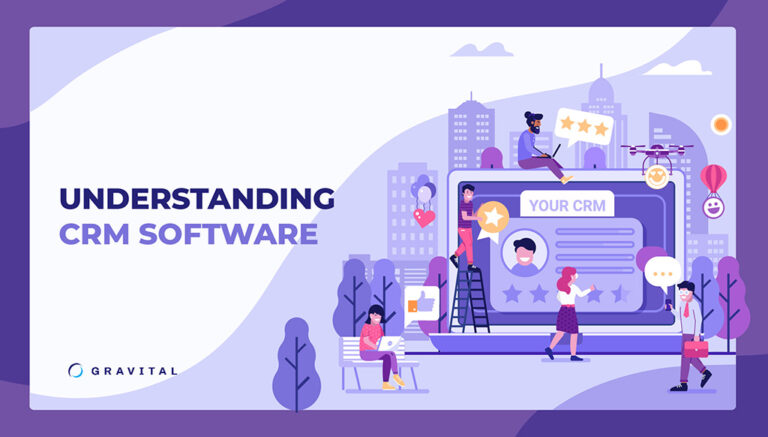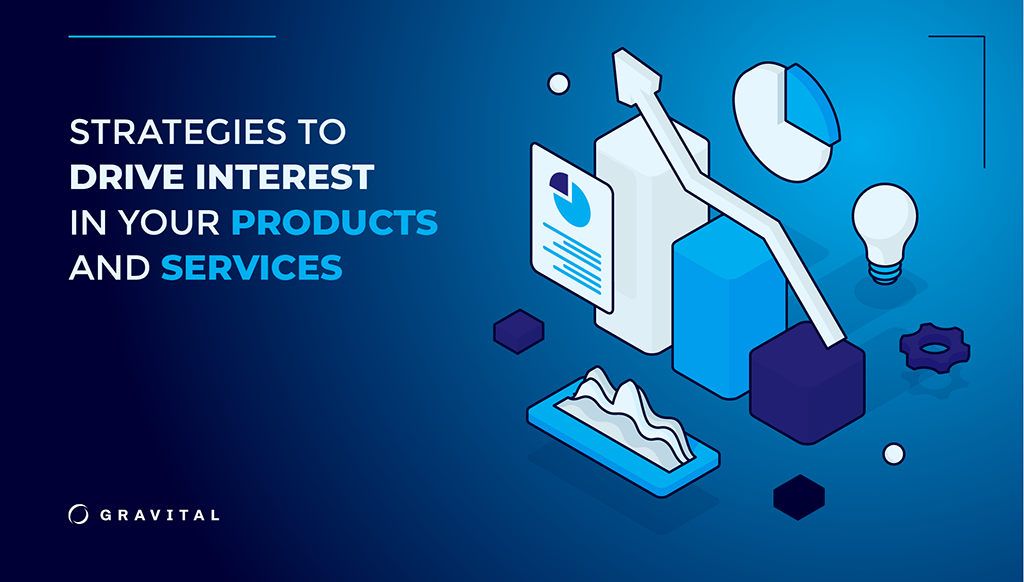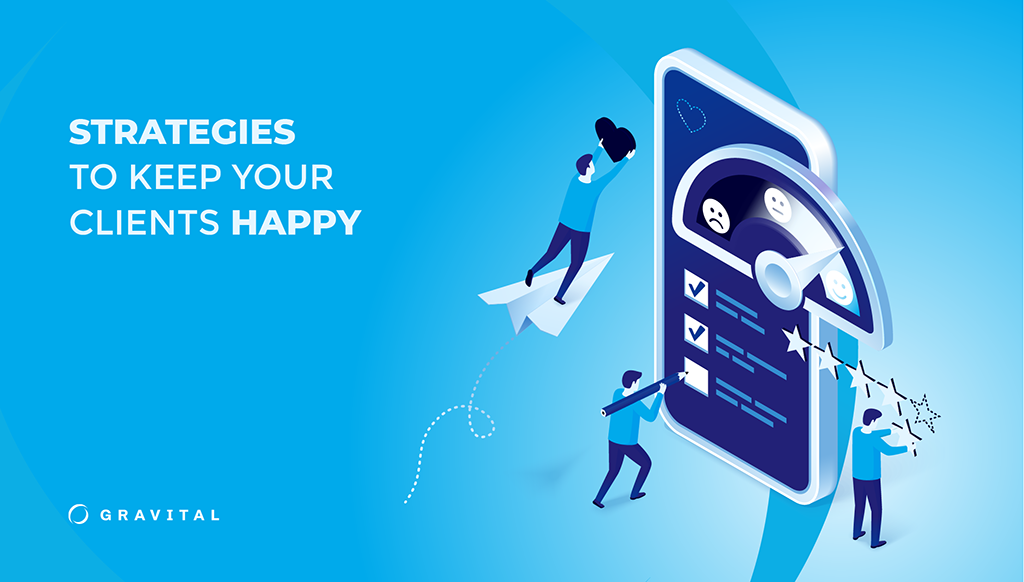The modern business landscape is defined by an interconnected matrix of decisions, transactions and customer relationships. Navigating this complex web necessitates sophisticated tools to streamline processes and optimize outcomes. Customer Relationship Management (CRM) tools have proven itself a powerful ally in this endeavor.
CRM Software: The Basics
CRM software is a technology tool that helps businesses manage and analyze customer interactions and data throughout the customer lifecycle. It enhances business relationships with customers, supports customer retention and drives sales growth.
At its core, the technology consolidates customer information from multiple channels—such as company websites, phone calls, emails, social media platforms, etc.—into a single database. It offers a comprehensive view of each customer’s interactions with the business, from initial contact, through the sales process and post-sales support.
The Mechanics of CRM Software
CRM systems typically consist of various modules that address different aspects of customer relationship management. The sales force automation module automates the sales process, reducing redundant tasks and helping sales teams to close deals faster. The marketing automation module automates repetitive marketing tasks, such as sending out emails to different customer segments.
A contact management module stores detailed customer contact information, purchases and interactions in a searchable database. It also reminds users about follow-ups or tasks related to these contacts. The customer service module helps track and manage customer complaints and requests, streamlining customer service processes.
Finally, a reporting and analytics module analyzes data to provide insights on sales trends, customer behavior and campaign effectiveness, among other things.
Practical Uses of CRM
The practical uses of CRM software span across business operations, offering comprehensive tools for sales teams, customer service departments, marketing teams and senior management.
1. Sales
Sales teams use CRM tools to manage leads, track customer interactions and forecast sales. CRM software also assists in segmenting customers based on various criteria, helping teams to customize their sales strategies accordingly.
Examples:
- Ticket Management: manage customer inquiries or complaints via a ticketing system, ensuring that no issue goes unresolved; prioritize tickets based on their urgency and importance, allowing customer service teams to handle issues more efficiently.
- Customer History Access: provide instant access to customer history, including past purchases, preferences and interactions–helps provide personalized service and resolve issues more effectively.
- Feedback Management: automate the process of collecting and analyzing customer feedback–used to identify areas in which the company’s products or services can be improved, ultimately enhancing customer satisfaction.
Every company is unique and, therefore, uses CRM software differently. The real power of a CRM lies in its flexibility to adapt to the specific needs and workflows of a business.
How CRM Enhances Business Outcomes
Investing in CRM software benefits businesses in numerous ways.
1. Improved Customer Satisfaction
First, it improves customer satisfaction. By having a unified customer database, companies can offer personalized services, promptly address issues and communicate effectively with customers.
2. Enhanced Operational Efficiency
CRM systems enhance operational efficiency by automating repetitive tasks and streamlining processes. This not only reduces the likelihood of errors but also frees up staff time for more critical tasks.
3. Data-Driven Insights
One of the most significant advantages of CRM software is the ability to provide data-driven insights. These insights enable businesses to make informed decisions and improve their strategies related to sales, marketing and customer service.
4. Sales Performance
CRM software can significantly improve sales performance by providing tools for efficient lead management and sales forecasting. It helps identify potential customers, nurture leads and monitor the sales pipeline effectively.


Potential Disadvantages
While CRM software offers numerous advantages, it’s important to be aware of a few potential challenges.
1. Cost
High-end CRM software can be expensive. Costs generally include the initial purchase or subscription price, implementation costs, training and ongoing maintenance and upgrades.
2. Complexity
CRM systems can be difficult to use, especially for businesses that lack technical expertise. This can result in a steep learning curve and resistance from employees, potentially reducing the effectiveness of the software.
3. Data Entry and Quality
CRM systems rely heavily on the quality of the data entered. Incorrect or inconsistent data can render the systems ineffective. Additionally, the requirement of manual data entry for some tasks can be time-consuming and prone to human error.
4. User Adoption
The staff may resist change brought about by a new technology and not use CRM tools effectively or at all, leading to a poor return on investment.
5. Privacy Issues
CRM software gathers and stores sensitive customer information. Companies need to make sure they’re complying with data privacy regulations and taking steps to prevent data breaches.
6. Dependency
Over-reliance on CRM systems could potentially lead to the loss of personal touch in customer interactions, especially if automation is overused.
To mitigate these potential disadvantages, it’s important to carefully choose a CRM system that fits your business’s needs and budget, provide adequate training for employees, regularly clean and update data, and balance automation with personalized interactions.
Bottom Line
CRM software offers an all-encompassing solution to modern businesses striving to improve their relationships with customers while optimizing operational processes. By delivering personalized customer experiences, driving operational efficiency, and supporting informed decision-making, it empowers companies to stay competitive in today’s fast-paced business landscape.
At Gravital, we understand the value of CRM software and its impact on business growth. If you’re looking to unlock the potential of a CRM system for your business, we can help. Our team specializes in implementing one of the best CRM systems, HubSpot, tailored to your specific needs. We offer training and support to ensure you make the most of the CRM’s capabilities, elevating your email marketing strategy to the next level. Contact us through our website or call us today at 787-424-4443 to learn more about how we can assist you.


